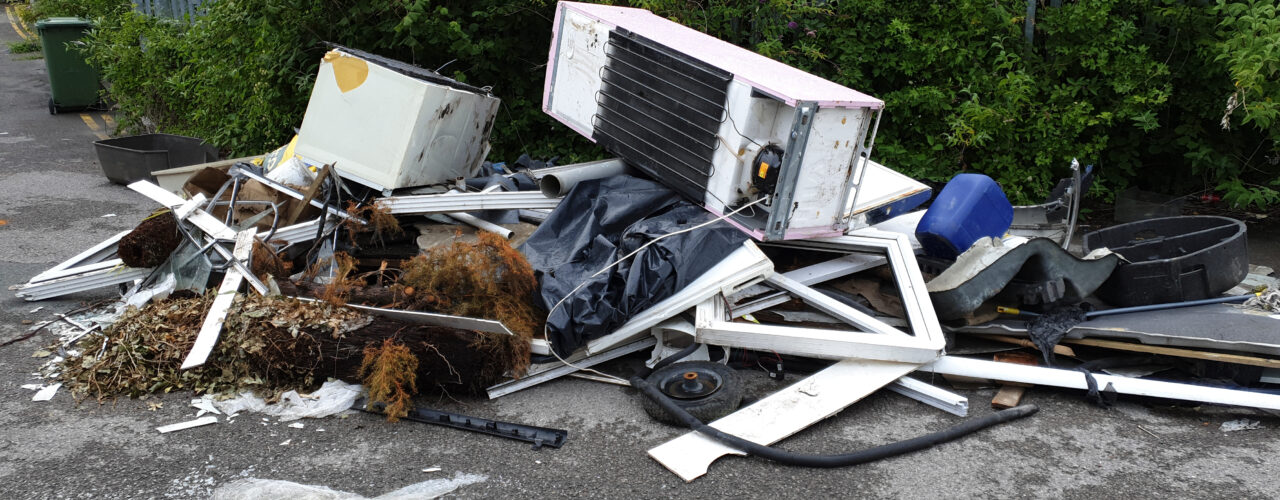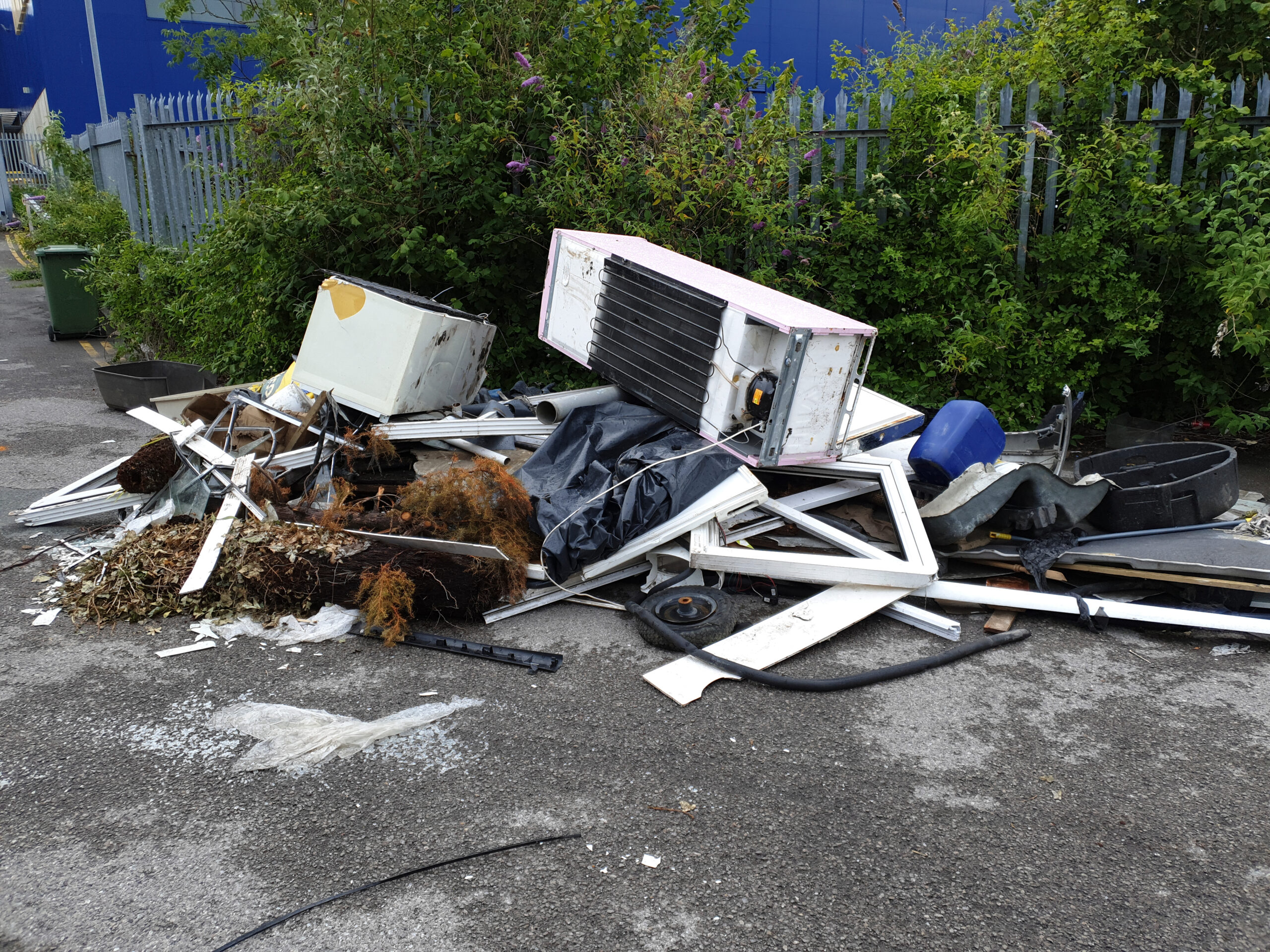
Evicting tenants displaying anti-social behaviour: A step-by-step guide
21-07-2025 | Illegal ActivityThere is no easy way to evict a tenant who displays anti-social behaviour, and this can easily be one of the most stressful challenges faced by landlords. If there is persistent noise, property damage or harassment of neighbours, this will also significantly impact the value of the property, as well as the community’s well-being.
While you may feel as though you’re doing everything in your power to avoid it, eviction is at times the only solution. Here, we’ll take a look at a clear step-by-step guide that you can follow that will help you navigate the eviction process and how to deal with a tenant who displays anti-social behaviour. 
Defining anti-social behaviour
Firstly, let’s take a look at what exactly anti-social behaviour is classified as. While this may seem obvious, legal definitions can be precise. Typically, anti-social behaviour includes:
- Persistent noise disturbances: this includes frequent parties, loud noise during anti-social hours, shouting or excessive dog barking.
- Vandalism or property damage: If there has been damage to the property or any communal areas beyond normal wear and tear.
- Harassment, intimidation, or nuisance: this can be directed at neighbours, other tenants or you as a landlord.
- Illegal activities: This includes any criminal activity being conducted on the premises.
- Accumulation of rubbish: Creating health hazards or attracting pests.
As a landlord, ensure that your tenancy agreement includes clear clauses that prohibit these types of behaviours, as this will form the contractual basis of your action.
How to evict tenants for anti-social behaviour
Evicting tenants for anti-social behaviour means that there is a specific process that needs to be followed.
Gathering evidence
The most important part of successfully evicting tenants for anti-social behaviour is to collect as much evidence as possible. Here are examples of the type of evidence you can collect.
- Detailed incident logs: Log every interaction that you have with your tenants and make sure to add the date and time, too. Include the specific behaviour displayed and how you tried to resolve it.
- Photographs and videos: Take pictures of the anti-social behaviour as much as you can, for example, any property damage or excessive damage.
- Witness statements: Ask your neighbours for witness statements that are dated and signed.
- Official reports: Try as much as you can to obtain crime reference numbers from the police if you file a report.
- Communication records: Be sure to keep copies of all correspondence with your tenant (letters, emails, texts) and if you have phone conversations with them, make notes of the dates and times and what was discussed.
- Noise apps: For noise complaints, some apps can measure decibel levels, which can serve as supporting evidence.
Warning letters and communication
You’ll need to supply your tenants with warning letters before evicting them for ASB.
- First warning letter: The first step is to send out a warning letter to your tenant that outlines the specific actions or clauses that have been breached. Make sure that you highlight the potential consequences should the behaviour continue, i.e. further legal action and potential eviction.
- Opportunity for dialogue: There may be an opportunity for mediation or a professional discussion, as it may just be that tenants are unaware of the impact of their actions.
- Follow-up letters: If your tenants aren’t communicative, you can send them more warning letters, informing them that you’ll be escalating the situation.
Working with local authorities and other agencies
Get the support you need as a landlord by getting local authorities or other agencies involved. By doing this, you’ll be provided with official documentation that strengthens your case. Here’s who you can contact:
- The police: When there is criminal behaviour involved, make sure that you report it to the police, obtaining a crime reference number. This can be helpful when looking to evict tenants for anti-social behaviour.
- Local council (environmental health): When there are persistent waste and noise issues, you have the option to contact your local council’s environmental health department.
- Community trigger (ASB case review): You can request a case review if there has been involvement from many different agencies and the ASB is persistent. This will trigger local agencies to potentially take further action.
Serving a Section 8 notice (ASB procedure for landlords)
If the above steps haven’t been successful and if you have enough evidence, the next step will be to serve a Section 8 notice under the Renters’ Rights Bill. You’ll need to make sure that you have the relevant grounds for possession before evicting your tenants for anti-social behaviour.
With ASB, the procedure for landlords will most likely include using the following grounds for eviction:
-
- Ground 12: This refers to any breach of a term of the tenancy agreement, for example, a clause prohibiting loud music past 10 p.m.
- Ground 14: The property has been used for immoral or illegal purposes, or the tenant has committed an arrestable offence in the locality of the property.
- Ground 7A: This ground is used for ASB that has resulted in convictions or that has breached injunctions. The court has to provide the order if sufficient evidence is provided.
- Ground 8: You can also use Ground 8 (which is usually used for major rent arrears), which can be used alongside the ASB procedure for landlords.
Notice periods
The notice period required for evicting tenants for anti-social behaviour will differ depending on the type of ground you use. For example, for ground 14, it can be anywhere from immediate to 2 weeks. Generally, 2 weeks is given so that tenants have time to seek support.
Prescribed form
You’ll need to use the official Form 3 for a Section 8 Notice, stating which grounds you are relying on and providing a detailed explanation of the type of anti-social behaviour that has been displayed, with all of the evidence you’ve obtained throughout the process.
Seek legal advice
Make sure that you consult with a solicitor who specialises in landlord-tenant law before serving the Section 8 Notice. This way, you’ll prevent any mistakes made and time and money lost.
Court proceedings and possession order
If you get to a stage where your tenant is refusing to vacate the property after the Section 8 notice has expired, you’ll need to apply to the court for a possession order. Here’s how it will work:
- Application to court: Your solicitor will submit the necessary paperwork to the court to get the process started.
- Evidence in court: The judge will review the evidence submitted to the court and will decide whether or not a possession order will be granted.
- Court hearing: You’ll then attend a court hearing with your solicitor, where you will be able to present your case with evidence.
Warrant for possession
If the tenant still refuses to leave the property by the specified date once a possession order has been granted, the final step will be to apply to the court for a warrant of possession. This means that County Court Bailiffs will come to the property and physically evict the tenant.
It is best to never attempt to evict a tenant yourself or change the locks before a bailiff-led eviction, as this will constitute an illegal eviction, resulting in severe penalties.
Compliance, protection, and professionalism
The ASB procedure for landlords can be a very challenging process, but to make it slightly easier, make sure that you do the following:
- Strict legal compliance: Ensure that you adhere to all legal procedures so that your case does not run the risk of being undermined.
- Protect your neighbours: try as much as possible to protect your local community from becoming negatively affected.
- Maintain professionalism: Always maintain your professionalism as a landlord.
- Stay informed: Always keep up to date with UK housing laws as they may change, and seek advice where possible.
While evicting your tenants for anti-social behaviour can be stressful, if you make sure that you follow the steps provided above and seek legal advice, you’ll be able to make the process as smooth as possible. This way, you’re protecting your investment and ensuring the well-being of your neighbours.
For more information on how to protect your property as a landlord, be sure to visit our resource centre. At CIA Landlords, we have the expertise to find the best landlord insurance deals that are suitable for your needs. Contact us today at 01788 818 670 for a quote.
We won't be beaten on any like for like landlord insurance quote.
Get a quote

